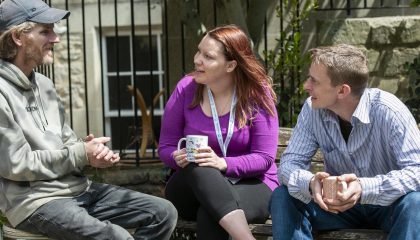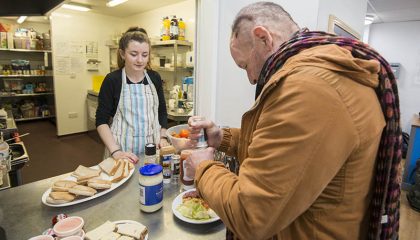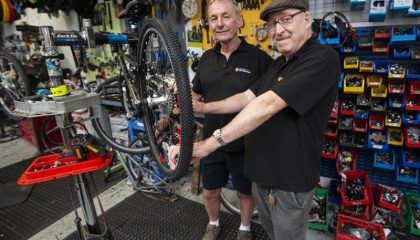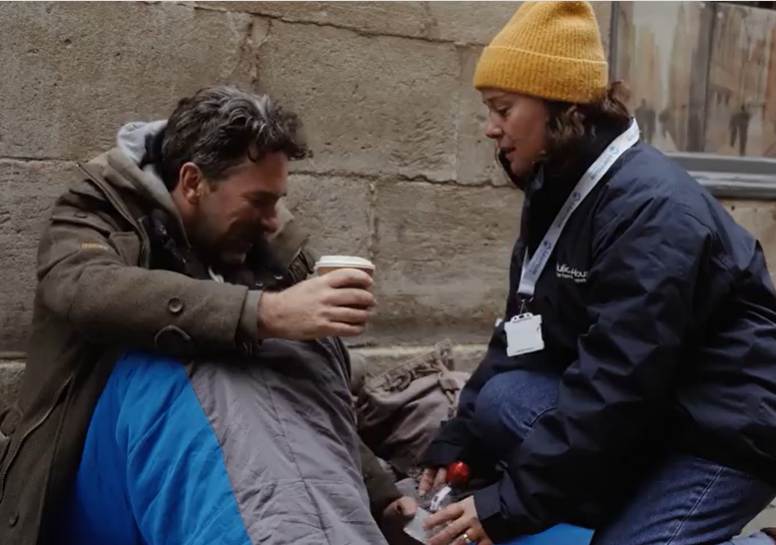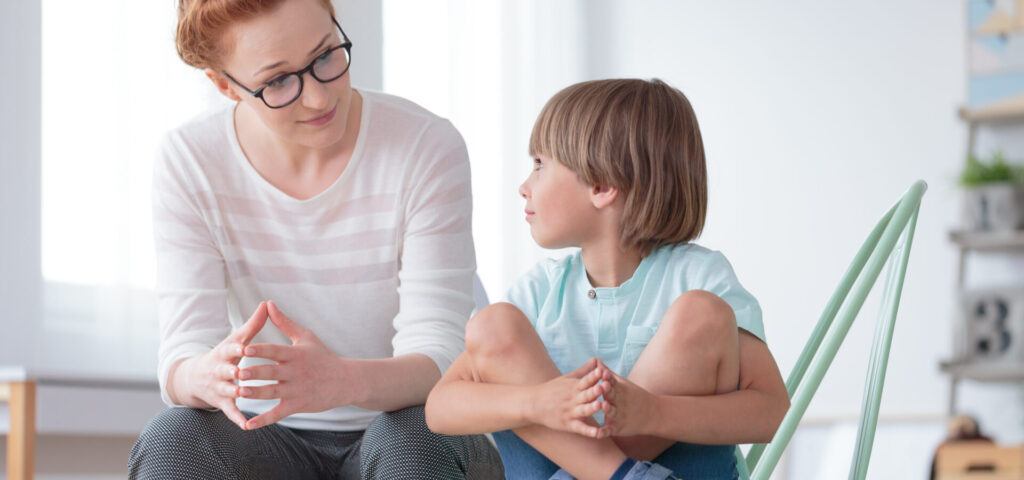
Our Children and Young People’s Service provides group and outreach support to Primary and Secondary aged young people in South Gloucestershire who have experienced domestic abuse in their families or in their own intimate relationships.
We have worked with 69 young people in South Gloucester over the last financial year to provide group or one to one outreach recovery work. We have 6-8 sessions, each an hour long, with the young people and help them to work through what has happened to them. Furthermore, we provide psychoeducational content and signposting for the young people and a safe space to be heard and to talk. Our casework coordinators advocate on behalf of the young people and help them to build stronger relationships and protective factors within their lives. We can also provide support for families and to signpost them for services providing help with post-separation abuse, counselling for survivors and financial advice.
Local authorities are required to offer housing and refuge spaces for families fleeing domestic abuse, but not all authorities provide recovery programmes, like ours, for the children impacted by domestic abuse.
- The latest Women’s Aid figures found 148,852 children were supported by community-based services compared to 11,890 children in refuges.
- A report by Action for Children found that children face barriers to accessing support in two-thirds of 30 local authorities.
- In over 10% of these councils, no support services were available for children affected by domestic abuse.
Why is it so important that children and young people get help to process what has happened to them?
Each young person is going to hold the trauma of what they have experienced in a uniquely individual way. What we do know though is that each one of those young people will need help in some way from a safe adult to walk alongside them in their trauma response. We know that without that help, the children are more likely to struggle with forming relationships with others and this could go on to impact their experiences at school and forming friendships. Find out more about this here.
Our CYP team at Julian House works closely with the commissioners at South Gloucester to match the needs of the young people in a local context. We know that Avon and Somerset police will be collecting more accurate data on the numbers of individual children and young people that are impacted by domestic abuse, as required by the new Domestic Abuse Bill introduced last year. We hope that this information will help us to uncover more of the hidden need that we know exists and help us to ensure that we reach more children and young people that are impacted by domestic abuse.
Case Study
This is a case study of one of the young people we have recently worked with (his name has been changed to protect his identity.)
Ben was referred to our service due to him witnessing traumatic domestic abuse between mum and dad. The domestic abuse that took place in the family home was sexual, emotional, physical and financial abuse. Ben was referred to the service by his mum as she wanted him to be able to have a place where he would be able to talk about his feelings and the experiences he had witnessed at a young age and find some support. Ben attended primary school.
Support Plan
Ben found it very difficult to open up about the situations at home at the start. He would explain to mum about what he had spoken about in the sessions, and mum would reassure Ben that it was okay to talk about those things and this is what the sessions are for. As the sessions went on, he found it easier to speak about what happened at home and his feelings around this. We explored different ways to help support Ben with his recovery. This has also helped support Ben’s recovery and his relationship with his mum.
Outcomes
Ben has now developed a good, strong understanding of domestic abuse and what it is and what it can look like.
Emotional wellbeing: We have explored ways in which he can deal with his emotions correctly and safely to show others how he feels. Every session we would have a check-in and a check-out and Ben would inform me about what they had learnt and taken away from the session.
Advocacy: Ben still can struggle with anger in school, so we made a calm box for him to have at home and school and also a 5-minute time out card.
Working with the team around the child: I have also given the school lots of resources to help Ben with his feelings. I will be sending the school other suitable services that might be able to offer help support Ben going forward when our sessions end.
Improving family relationships: Ben and his mum now speak to each other more about their feelings and how they are supporting each other around domestic abuse. This has also helped support mum around how to support a child with domestic abuse trauma. Ben had 8 sessions to help support his emotional development as much as possible.

